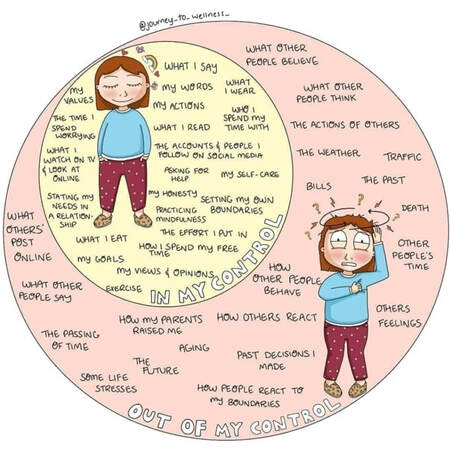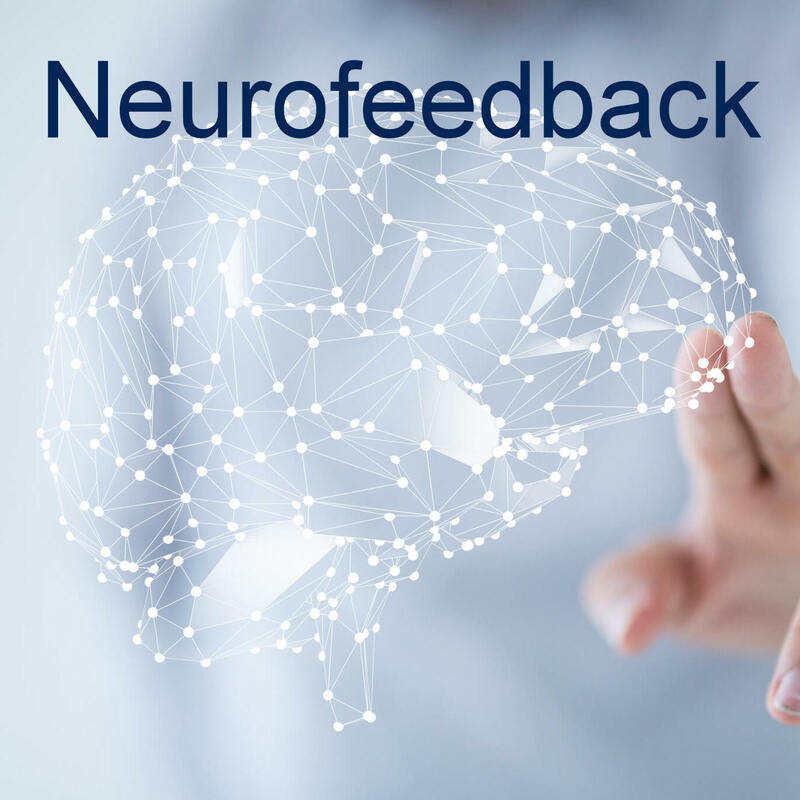|
by Melissa Laks, LMSW Why should we identify our emotions Identifying our emotions and learning to manage them is one of the most important skills we can have. Feelings are powerful and can become overwhelming at times. With time and practice, we get better at knowing what we are feeling and why. This skill is called emotional awareness. Emotional awareness helps us know what we need and want (or don't want). For us to deal with uncomfortable emotions, it is helpful to know exactly what we’re feeling in the first place. For example, feeling a general sad is going to be experienced differently than if you are feeling lonely. So, comforting sadness would look different then comforting loneliness. Being able to identify our emotions not only helps us know what to do with them, but it also helps us communicate our feelings to others. This can help you feel more grounded and help others to help you. Some people are naturally more in touch with their emotions than others. The good news is, anyone can be more aware of their emotions. It just takes practice.
We have subconscious ways of avoiding uncomfortable emotions. When we avoid or suppress our feelings, we may start to feel disconnected from ourselves. The longer this pattern of feel-ignore-repeat goes on, the more your repressed feelings will build on top of each other, and the more difficult it will be to cope with. There are many ways to process our emotions, but all forms of emotional processing require mindfulness, which allows you to recognize and feel your feelings without judging yourself for having them. Spend a few minutes daily, sitting quietly and focusing on your body. Try to identify what you are feeling. Use a feelings list or chart to help you identify what you might be feeling. To be able to process emotions, you first need to identify the feelings and stay with them long enough to understand them.  Start with: Identifying your emotions and feelings:
Next: Stay with the emotion you’re feeling at that moment in order to process them: (tolerating difficult emotions can be hard, remember feeling always come and go, take a deep breathe in, count to five and breathe out) ask yourself:
Try to understand why you are having the current feeling:
 Finally: Address the emotion you are feeling. It’s not easy to know how to deal with an emotion or feeling. It may be helpful to talk to someone whose judgement you trust. Some emotions are due to distorted thinking patterns, and we may need to try and re-frame our thinking in more helpful ways to release the feelings. Other times the feeling may be triggered by past events, boundaries being crossed, or needs being unmet. There is no one approach that will work for everyone, so it may take some time to discover which style will work best for you. Some of the well-known ones are: 
Learning to manage emotions takes time and is difficult to do on your own. But once you really understand your emotions, and can process them effectively, you really can transform your life.
0 Comments
Leave a Reply. |
Archives
October 2023
Categories
All
|




















